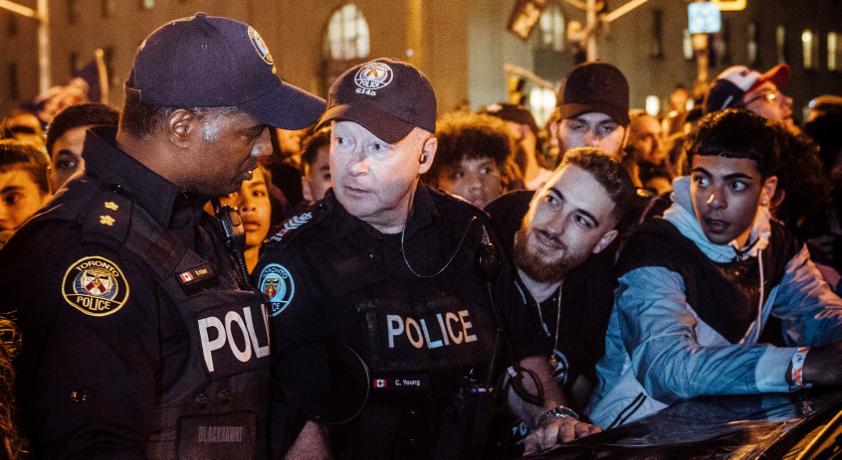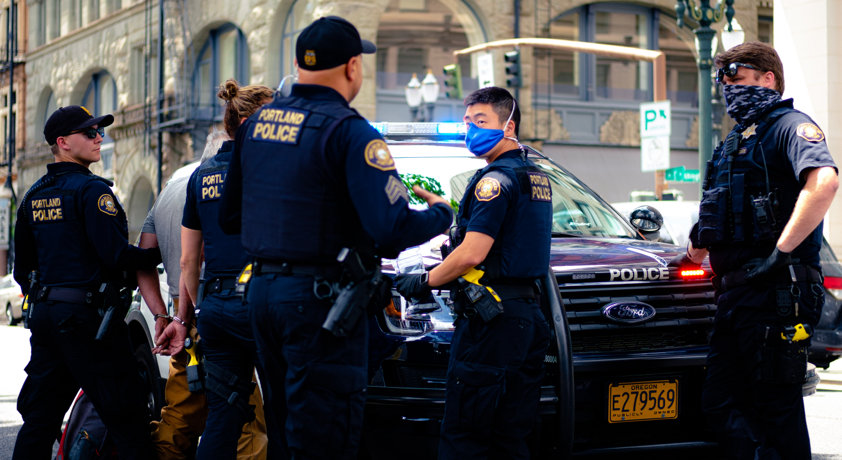Last Updated: 26 May, 2023

Behavioral Science Degree
The study of human behavior is known as behavioral science. It is a methodical, critical examination of the interactions between individuals and their surroundings with the goal of understanding, predicting, and altering behavior for one’s own well-being, the welfare of society, and organizational efficiency.
What Is a Behavioral Science Degree?
Earning a degree in behavioral science equips students with a strong foundation in the systematic study of human behavior and the myriad of social and environmental factors that shape it. Psychology, sociology, anthropology, economics, politics, and communication are just a few of the subjects often included in behavioral science degree programs.
Associate, bachelor’s, master’s, and doctoral degrees in Behavioral Science are available, as are interdisciplinary programs that combine Behavioral Science with Psychology, Sociology, or Social Work. Social psychology, personality, cognition, emotion, group dynamics, research methodologies, and statistics are just a few of the topics that may be covered in a behavioral science degree program.
Behavioral Science in Law Enforcement
Law enforcement is one of the most common applications of behavioral science. Specialists in behavioral science may collaborate with police agencies to help them explain and predict criminal behavior. They may also assist in the development of initiatives to prevent crime and enhance public safety. For instance, a behavioral scientist may collaborate with a police agency to investigate the causes of gang violence in order to devise interventions that lower the prevalence of this sort of crime.
What You Will Learn With a Behavioral Science Degree
Students participating in a behavioral science program will obtain a broad education in the field’s many subdisciplines. The objective of courses in behavioral science is to equip students with a comprehensive understanding of human behavior and the elements that influence it. Students are trained to think critically about human behavior and to build successful solutions for their own practice using this information.
Through their curriculum and practical experiences, students majoring in behavioral science will build crucial skills for success in the sector. This involves the study of behavioral health strategies, methodologies, current trends, research, history, and best practices. A degree in behavioral science does not normally lead to licensure, although it may satisfy the prerequisites for certain professional certifications or more advanced degree programs.
Online Behavioral Science Degrees
Students have the choice of earning a behavioral science degree online or through a traditional on-campus program. Students enrolled in an online program enjoy the benefit of flexible scheduling that accommodates their personal and professional responsibilities. The required coursework, tasks, and exams for online programs are considered comparable to those of their on-campus counterparts and of equivalent academic rigor.
You will acquire the same abilities and information that you would in a conventional school as you work toward a degree online. You will, however, also acquire critical digital literacy abilities that are vital for success in the contemporary world. Your performance in a future profession will benefit from these abilities as you utilize technology to gather and evaluate data, collaborate with coworkers, and plan interventions.
What Can You Do With a Behavioral Science Degree?
There are many different career paths that you can pursue with a behavioral science degree. The industry is varied, offering a wide range of job options, and there are numerous specialties that make use of the skills you develop in observing, researching, and analyzing human behavior. Many private and public sector jobs in fields such as education, social work, marketing, healthcare, public policy, and law enforcement attract graduates with a degree in behavioral science.
Additionally, narrow specialties continue to grow, providing long-term career opportunities, as society and companies increase their interest in learning more about human behavior. Some of the most common job titles include:
Behavioral Health Clinician
A behavioral health therapist provides direct intervention and coordinates services for clients with serious mental health, criminal justice, and substance addiction difficulties that hinder their capacity to lead productive lives and maintain their place in society.
Crime Analyst
A crime analyst is a specialist who researches and evaluates crime statistics and patterns to support law enforcement organizations in their efforts to deter and combat crime. One aspect of a crime analyst’s job is to gather and analyze crime data, spot patterns and trends, produce maps and other visual aids to demonstrate findings, and write reports and presentations, among other things.
In addition to working with law enforcement officials and other experts to create and implement strategies to stop and lessen crime, crime analysts may also instruct and educate others about crime analysis methods.
Human Resource Specialist
Human resources (HR) specialists are employed by businesses to manage their workforce and are responsible for a wide range of tasks associated with this function. Finding and employing new workers, providing them with orientation and training, managing their benefits and pay, and addressing employee relations issues are all tasks that may fall within the purview of a human resources specialist. Human resource specialists may also be tasked with maintaining personnel files, creating and enforcing policies and procedures, and guaranteeing adherence to all applicable laws and regulations.
Marketing Research Analyst
A marketing research analyst does research and analysis on customer behavior and market trends in order to help businesses and organizations make informed marketing and product development decisions. A marketing research analyst’s tasks include gathering and analyzing data on customer preferences, behaviors, and attitudes in order to give recommendations to clients. Surveys, focus groups, and other research approaches may be used, as well as data analysis utilizing statistical software and other tools.
Law Enforcement Officer
A law enforcement officer is a public servant who is in charge of maintaining public safety and enforcing the law. Depending on the particulars of their position and the organization they work for, law enforcement personnel may be required to do a variety of tasks. Patrolling a designated area, responding to service requests, looking into crimes, making arrests, and gathering and preserving evidence are just a few of their duties. They might also engage in community policing, attempting to forge bonds with neighbors and handle neighborhood public safety issues.
Public Policy Analyst
An expert who researches and examines the conception, execution, and assessment of public policies and programs is known as a public policy analyst. They employ a range of techniques to obtain and examine the data, including research, statistics collection and analysis, interviews, and focus groups. They might collaborate with legislators, stakeholders, and local leaders to create and carry out programs and policies that deal with significant social, economic, and political concerns.
Social Worker
Social workers offer direct assistance to people, families, and groups dealing with social or personal issues. They might also push for legislative changes that would advance social progress, increase service accessibility, and defend the rights of weaker groups. Mental, emotional, and behavioral issues are identified and treated by clinical social workers.




